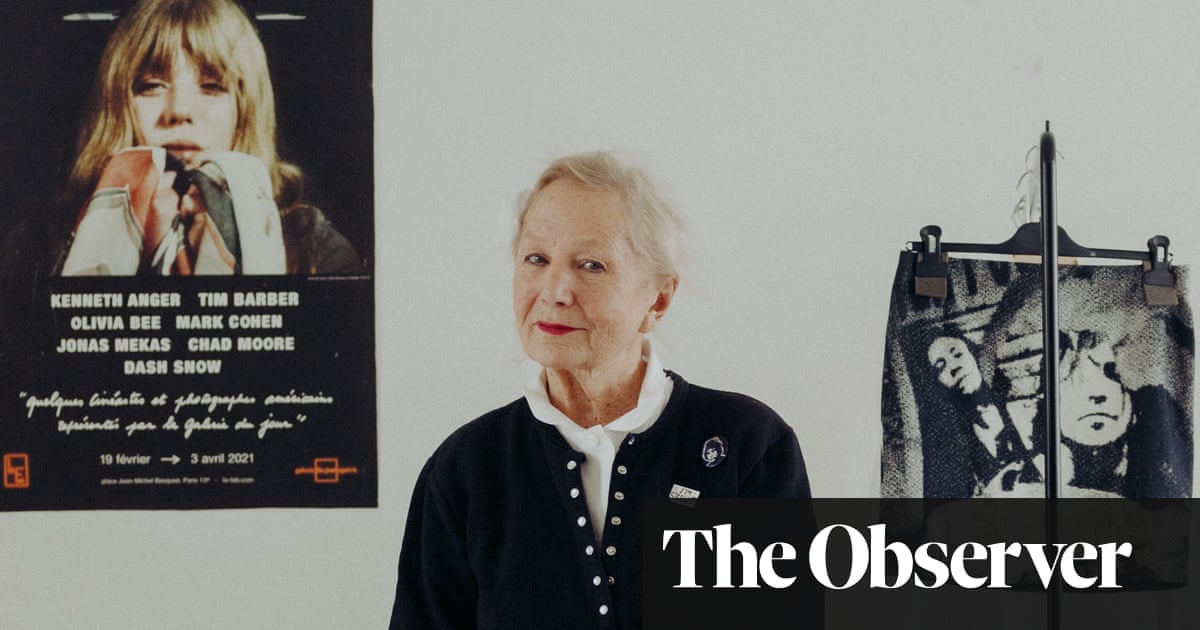The philosopher Ted Honderich relished controversies, although he did not always get the controversies he wanted. His first book, Punishment: the Supposed Justifications (1969), brought him some media celebrity in the 1970s for its criticism of state-sanctioned retribution.
And he gained notoriety after 9/11 with his book After the Terror (2003), in which he claimed that Palestinians had a “moral right to their terrorism”. His lectures in Germany to publicise the book needed security guards.
Yet he fretted throughout his life that he had not “set the philosophical world on fire”, as he put it in his whimsical autobiography, Philosopher: A Kind of Life (2001). What he really desired was to be among the pantheon of heroes of late 20th-century analytic philosophy, exploring issues from the standpoint of language and logic. These were hardly household names, but the people who mattered for those in the know, among them Saul Kripke, Donald Davidson, Bernard Williams and Hilary Putnam.
I first saw Ted in 1984 in Oxford, at the UK’s annual philosophy conference. As a young philosophy graduate, I knew of him as the co-editor of what is still the best anthology of postwar essays in analytic philosophy, Philosophy As It Is (1979).
Ted cut a striking figure: he was very tall, wearing what I came to realise was one of his signature three-piece suits (this one was powder blue, with flared trousers), and asked his questions in the lectures in an aggressive, booming voice. Some years later, he telephoned to offer me my first teaching job at University College London (UCL). We worked together until his retirement in 1998, and he was consistently kind and supportive to me and other junior colleagues.
Born in Baden, Ontario, into a strict Mennonite family, Ted was the son of Rae (nee Armstrong), a telephonist, and John Honderich, a businessman. Ted gained a degree in English literature and philosophy at the University of Toronto (1959) and then moved to UCL to study for a PhD with AJ “Freddie” Ayer.
After teaching at the University of Sussex (1962-64), he returned to UCL, where he eventually became the Grote professor of philosophy, one of the UK’s most distinguished philosophy professorships, previously held by Ayer. He was married four times and had other long relationships, and remained on good terms with (almost) all of his exes.
Ted was a flamboyant addition to the staid world of British philosophy. Christmas parties at his flat in Keats Grove in Hampstead regularly featured local worthies including Eric Hobsbawm, Michael Foot and AS Byatt.
Though he had a large ego, he did not simply promote himself. In the 1990s he secured a huge donation to the University of London and to the Royal Institute of Philosophy from Jens Jacobsen, a Danish investor with a deep interest in the subject. The income from the Jacobsen bequest has helped hundreds of students, supported dozens of postdoctoral fellows, and has brought philosophy to many schools across the UK.
Nonetheless, in the back-biting environment of academic philosophy, Ted was a somewhat divisive figure. Stories circulated about how he had muscled himself into various positions of power.
When I joined it in 1990, the UCL department was reeling from various conflicts in which Ted had participated. “I have a temper that has sometimes left good sense behind,” he wrote, and have “rarely been adept at judging when to fight and when to conciliate.” This was true, but it was not just about temper. He could also intimidate people, and was not good at taking criticism himself, as he recognised.
Despite all this, Ted was not pleased with himself or conceited. A deep current of self-doubt runs through his autobiography, and it strikes me as genuine. It is partly what anyone normal must feel when dealing with the enormity and obscurity of the philosophical tradition – how can I succeed when all these others have failed? – but there was also the shortfall between his desire for recognition and the peculiarly elusive character of philosophical achievement.
He responded to this by trying to advance himself academically by sheer force, aiming at a recognition that he had not achieved to his satisfaction with his philosophical writings.
The writings themselves are a mixed bag. His political philosophy has a pamphleteering character, and gave him some notoriety, but to my mind it is not of lasting value.
More successful was his 1988 book, A Theory of Determinism. There Ted tackled the old question of the freedom of the will, and attempted to transcend the traditional dispute between those who think freedom is compatible with determinism (compatibilism) and those who think it is not (incompatibilism).
His original contribution lay not in his defence of determinism, nor his engagement with the neuroscience of the day, but rather in his attempts to think through what it might mean to actually believe in determinism, whether this was possible for us, and how we might live our lives in the light of these arguments.
Ted spent the last few decades of his writing life, in happy retirement with his wife Ingrid, tackling the problem of consciousness. The result was another large, ambitious book, Actual Consciousness (2014).
As with the question of free will and determinism, Ted aimed to say something that went beyond the usual philosophical back-and-forth. His distinctive position was what he called “consciousness as existence”: that for someone to be conscious is for things to actually exist, in a certain way, for them. There is a real insight in the vicinity here, but Ted never managed to make it clear what this “certain way” was.
His strength as a philosopher derived from his ambition to say something that was uniquely his, to genuinely advance or close a debate. Despite his admiration and affection for Ayer, he was not a follower or a disciple of anyone. He used his extraordinary energy and industry to defend strongly held positions, and was adept at seeing through cant and pretension.
His main intellectual weakness was one that he shared with many philosophers: an inability to really get inside his opponents’ views. The upshot was that he tended to treat these opponents as fools, or (if they were very eminent) to treat his disagreement with them as a brute, inexplicable fact. “Professor X says A, but I put it to you that B” was a common trope in his lectures.
At one point in his autobiography, he seems to see this himself: “In my stubbornness, I am one with most philosophers, who for the most part are impervious to argument. At the bottom of philosophy are things underdescribed as commitments. They are better described as grips that the world gets on us, early.”
In 1958 he married Margaret Penman; they separated in 1961 and later divorced. In 1964 he married Pauline Goodwin, and they had a son, John, and daughter, Kiaran. Eight years later they divorced, and in 1989 he married Jane O’Grady, that marriage ending in divorce in 1998. He married Ingrid Coggin in 2003, and she survives him, along with his chi

 3 months ago
52
3 months ago
52













































